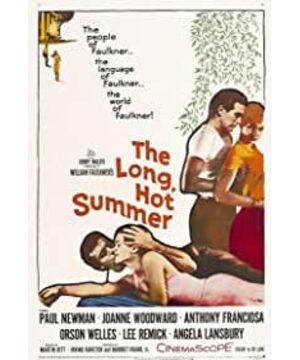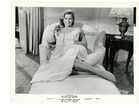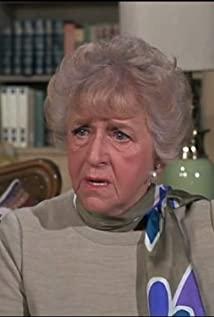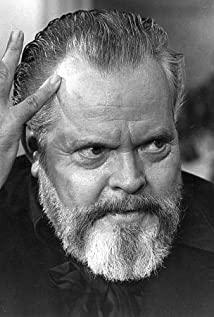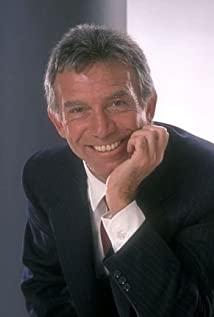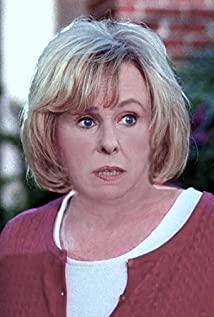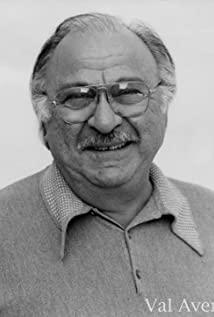Producer Jerry Wald hired former colleague, Warner Bros. director Martin Ritter, at the recommendation of playwright Owen Lafge , to bring two screenplays based on William Faulkner's novels to the screen. Wald persuaded company executives to pay $50,000 for the film rights to the novels "The Sound and the Furious" and "The Hamlet." The latter was produced first, but was renamed The Long Hot Summer to avoid conflict with William Shakespeare 's book of the same name. Lavge and Harriet Frank Jr. wrote the screenplay and added content from two of Faulkner's other short stories. In the new script, the original protagonist Flem Snopes (Flem Snopes) and the entire Snopes family are all deleted, and the plot is changed to one of the small characters Ben Quick and the Varner family. Reconciliation is at the center. It was the first major screenplay for Lavge and Frank, and the pair established their own signature style, with little detail on the characters' names and backgrounds, but with great detail on the story. The final script was also heavily influenced by Tennessee Williams' stage play "Cat on a Hot Tin Roof," making it a "sexy" story.
Orson Welles as Will Varner
Filmed in Clinton and Baton Rouge , Louisiana, the film is a widescreen color film with a budget of $1.645 million. The film tells a Southern Gothic tale, and Ritter decided to capture the character of the region during filming, emphasizing regional details. Director Ritter met lead actor Paul Newman while teaching at the Actors Studio, and several of the other main cast members are mostly alumni here, including Joann Woodward, Anthony Franciosa and Lemick.
The film caught the attention of Orson Welles, who wanted to play Will Varner, the head of the Varner family. Twentieth Century Fox had hoped to avoid Welles' role, given his temperament, but Ritter convinced the company that Welles would be a good fit for the role. However, the director and Welles had a number of disagreements during filming, including over interpretation of the lines, costume design and where Welles stood during filming. At one point Wells also informed Ritter that he didn't want to memorize the lines and asked to give the dub later . Some of the other actors were taken aback by Wells' temperament and attitude.
The conflict between Wells and Ritter drew media attention. In an interview with Life just after filming was completed , Wells explained the reasons for his actions. He doesn't know what kind of "mischief" the actors he works with will pull up, or how "capricious" they will feel. He also said that everyone finally overcame these differences and successfully completed the film. Wells later wrote a letter to Ritter praising his work and apologizing for some interruptions during filming. Ritter expressed his admiration for Wells in his reply. Despite mutual apologies, in a 1965 interview, Ritter recalled an incident on the set. It was a good day for filming, but instead of getting ready, Wells was reading an Español, Castellano newspaper. Ritter decided to skip ahead of Wells's shot for now. The director believes that Wells's future cooperation is because he feels that he has been humiliated in this incident. Ritter earned the nickname "Orson the Beastmaster" throughout the Hollywood film industry.


